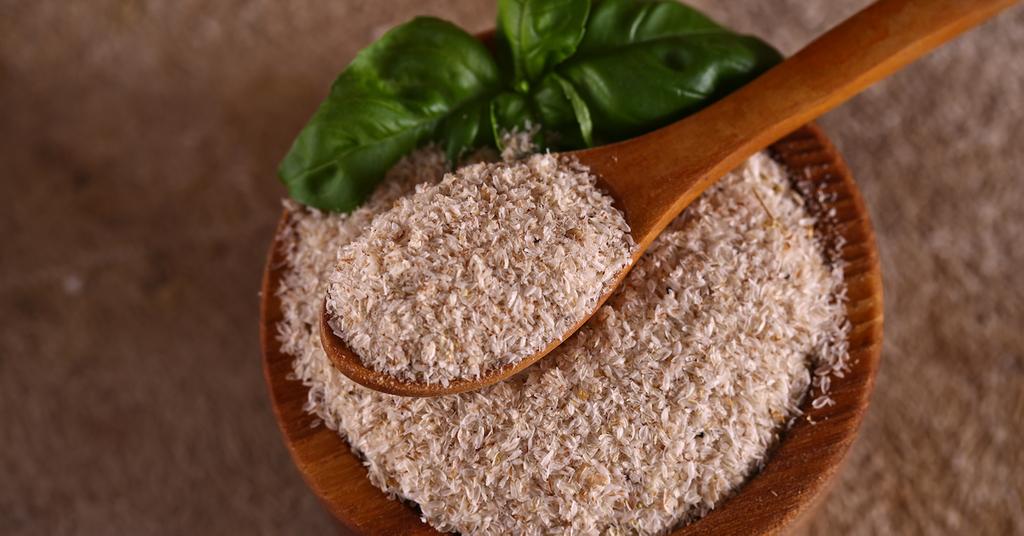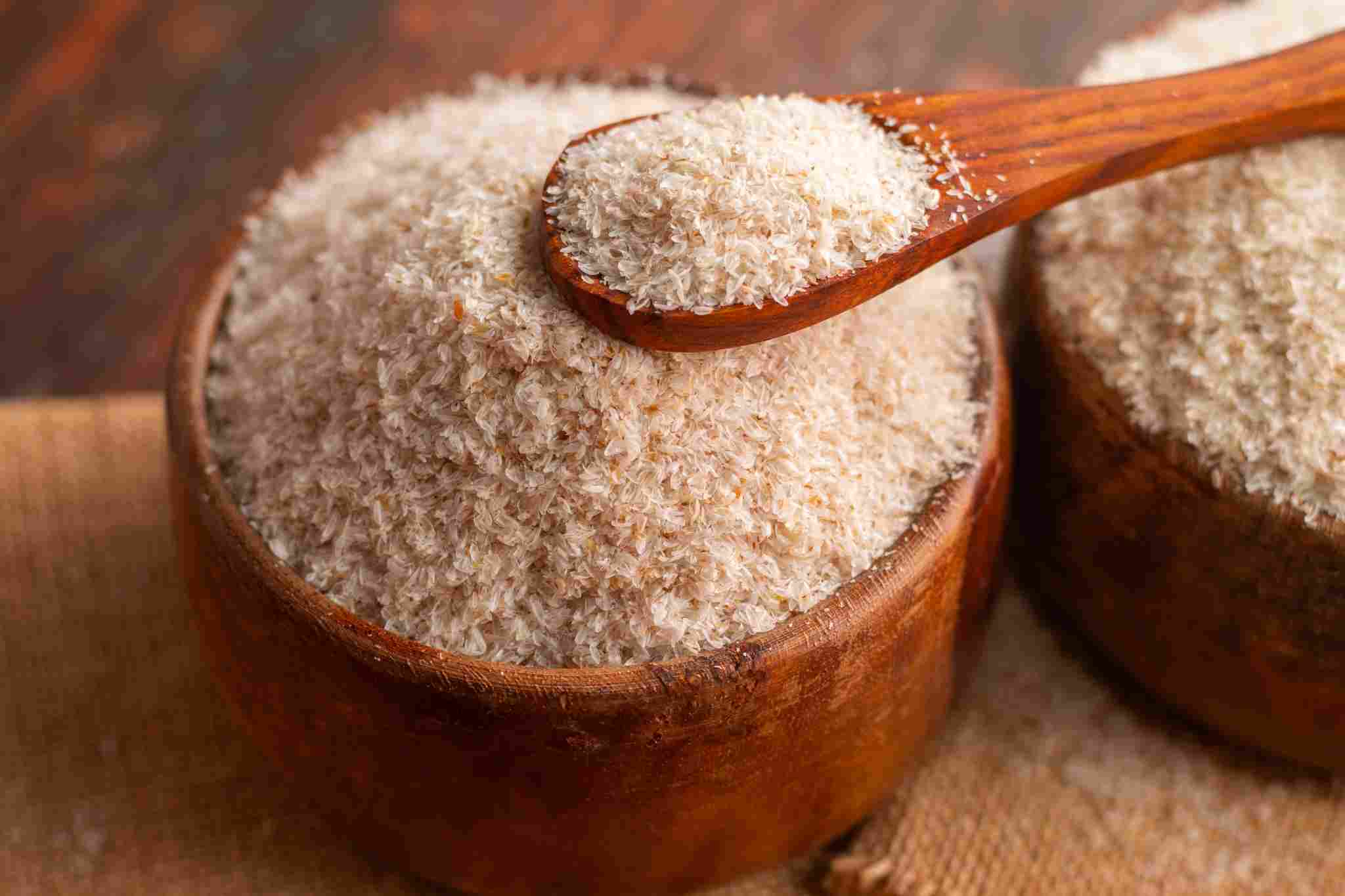Are you reaching for that psyllium husk supplement with a nagging doubt in the back of your mind? You're not alone, and it's crucial to understand the nuances behind those California Proposition 65 warnings that have become increasingly common on these products. It is important for health and consumers.
The proliferation of warnings related to cancer and reproductive harm can be alarming, particularly when associated with something touted for its health benefits. Psyllium husk, derived from the seeds of Plantago ovata, a plant native to India, is a soluble fiber celebrated for its ability to promote digestive health, lower cholesterol, and regulate blood sugar levels. The husk, essentially the outer covering of the seed, is what lends itself to these beneficial properties, forming a gel-like substance when mixed with water. This characteristic makes it a versatile ingredient in baking and a popular supplement for those seeking to increase their fiber intake.
Navigating the complex world of health supplements requires diligence. Here is a summary of what you need to know about psyllium husk.
- 2025 Movie Buzz South Indian Film Anticipation Movierulz Updates
- Stream Movies Online Justwatch Zee5 Movierulz Alternatives
| Category | Information |
| Product | Psyllium Husk |
| Origin | Derived from the seeds of Plantago ovata, native to India. |
| Type | Soluble fiber |
| Primary Use | Dietary supplement, baking ingredient |
| Health Benefits |
|
| Potential Risks |
|
| Contamination Concerns | Potential exposure to heavy metals like lead from soil during growth. |
| ConsumerLab Testing (March 2021) | Found detectable levels of lead in tested psyllium husk products. |
| Top Rated Brand (ConsumerLab) | Yerba Prima Whole Husk (lowest lead level tested) |
| Other Brands Mentioned | Organic India, NOW Brand |
| Forms Available | Powder, capsules |
| California Proposition 65 Warning | Indicates the presence of chemicals known to cause cancer, birth defects, or reproductive harm. |
| Regulatory Standard | Warning must clearly state the chemical involved and be effectively communicated to consumers before exposure. |
| Additional Information | Examine.com - Psyllium |
The presence of a cancer warning, stemming from California's Proposition 65, on psyllium husk products is not necessarily indicative of a unique danger posed by this particular supplement. This regulation mandates that businesses provide warnings when their products expose consumers to chemicals known to the state of California to cause cancer, birth defects, or other reproductive harm. These warnings are designed to ensure that consumers are informed about potential risks, allowing them to make educated decisions about the products they use.
The real issue often lies in the potential presence of contaminants, such as lead, which can be found in a variety of food products and supplements. It's crucial to recognize that the warning label doesn't inherently single out psyllium husk as being more contaminated than other consumables. In fact, no definitive clinical evidence suggests that psyllium husk harbors higher levels of environmental contaminants, including heavy metals, compared to other food products available on the market. The occurrence of these warnings is more a reflection of the stringent regulatory environment in California, rather than an indictment of psyllium husk itself.
When you encounter a psyllium husk cancer warning, it essentially signals that the product may have been exposed to, and subsequently absorbed, chemicals like lead from the soil during its cultivation. Lead, a naturally occurring heavy metal, can be present in soil due to environmental factors, historical pollution, or the use of certain fertilizers. As plants grow, they can uptake lead from the soil, leading to trace amounts in the final product. This is not exclusive to psyllium husk; many agricultural products can contain small amounts of lead due to these environmental factors.
- Movierulz 2025 Your Guide To South Indian Movies Legally Alternatives
- Kannada Movie Mania Your Guide To The Best Films
The amount of lead present in psyllium husk products can vary based on several factors, including the specific growth process, and individual farm-level conditions like the type of fertilizer used or the geographical location of the farm. Some regions may have higher levels of naturally occurring lead in the soil, while others may have experienced contamination from industrial activities. These variations can influence the level of lead found in the harvested psyllium husk.
One might argue that the psyllium husk cancer warning appears more prominent than similar warnings found on other commonly consumed products, such as imported rice. This could be attributed to a combination of factors, including the packaging and marketing strategies employed by psyllium husk brands, as well as the regulatory scrutiny applied to supplements. Regardless, the underlying concern remains the same: the potential presence of contaminants in the food we consume.
Interestingly, despite the presence of these warnings, numerous studies have demonstrated that psyllium husk, when consumed as a regular supplement, can actually lower the risk of colon cancer. This seemingly contradictory information highlights the complexity of assessing the overall health impact of a product that may contain trace amounts of contaminants while also offering significant health benefits. Furthermore, an expansive clinical trial has suggested that psyllium husk may also play a role in reducing the risk of breast cancer, adding another layer to its potential health-promoting properties.
In March 2021, ConsumerLab, a respected independent testing organization, conducted a comprehensive analysis of various psyllium husk products. The results indicated that all of the tested products contained some level of lead. However, it's important to note that the levels varied significantly between brands. ConsumerLab's top pick, Yerba Prima Whole Husk, which is also the brand I personally use, exhibited the lowest lead level among those tested. The next two brands that followed in terms of low lead content were Organic India and NOW Brand. For those who prefer capsules, like myself, Yerba Prima offers its whole husk in capsule form as well.
Understanding these warnings is crucial for consumers to make informed decisions when purchasing psyllium husk products. By being aware of the potential risks associated with lead contamination, consumers can weigh these concerns against the potential health benefits offered by psyllium husk and choose products accordingly. Opting for brands that have been tested and shown to have lower levels of contaminants can be a prudent approach.
So, why should you approach the psyllium husk cancer warning with a degree of caution? The answer lies in the fact that the fiber in psyllium husk possesses the ability to absorb water and toxins within the digestive system. While this is beneficial for eliminating waste and promoting regularity, it also means that psyllium husk can potentially absorb contaminants, like lead, if they are present in the environment where it is grown. However, it's also important to remember that psyllium husk is not unique in this regard; many plant-based foods can absorb environmental contaminants.
The psyllium husk cancer warning serves as a reminder of the intricate interplay between product safety, consumer health, and the regulatory standards that govern the food and supplement industry. While psyllium husk offers a range of health benefits, including improved digestive health, cholesterol reduction, and blood sugar regulation, the potential for lead contamination raises legitimate concerns that consumers should be aware of.
Psyllium husk is a seed and psyllium husk is the outer covering of psyllium. It is a soluble fiber; therefore, it absorbs water to form a gel that can be used in baking or as a dietary supplement. I realized that there is a warning on the package saying that this product contains a chemical known to the state of California to cause cancer and birth defects or other reproductive harm, while drinking my first fruit smoothie with the added supplement.
Psyllium husk, a popular fiber supplement, has been linked to a potential cancer warning. It is essential to grasp the associated risks and seek guidance from a healthcare professional before incorporating it into your daily routine.
If you've ever shopped for psyllium husk powder, you may have noticed some products with warning labels claiming that psyllium is known to cause cancer, birth defects, and other medical issues. Although psyllium is an effective laxative with potential heart health benefits, consumerlab tests revealed that most products contained lead, with almost half containing excessive amounts.
CL tested psyllium products and one methylcellulose products from brands including Citrucel, Equate, Meta Mucil, Now, Swanson, Yerba Prima, and more.
Does psyllium husk cause cancer?
Learn more about the association between prebiotic use and colorectal cancer risk and mortality.
Psyllium husk is widely recognized for its health benefits, including aiding digestion, managing cholesterol levels, and supporting weight loss.
The need for groundbreaking perspectives from consumers, healthcare providers, and the industry is crystal clear.
The warning given must be clear and reasonable. This means that the warning must: (1) clearly make known that the chemical involved is known to cause cancer, or birth defects or other reproductive harm; And (2) be given in such a way that it will effectively reach the person before he or she is exposed to that chemical.
Sometimes you will see a product for sale that has a label or a sticker with a warning along the lines of the following: Consuming this product can expose you to chemicals including [chemical name] which is known to the state of California to cause cancer, birth defects or other reproductive harm.
Nevertheless, no convincing dietary risk factors for pancreatic cancer have been established by the report from the world cancer research fund and the american institute for cancer research (wcrf/aicr) reported in 2007. The possibility of an association between dietary fiber intake and pancreatic cancer risk has received considerable interest.
- Influencer Nsfw Community Megnutt02 Leaks More Discussion
- Kannada Movies 2024 Watch Legally Avoid Movierulz Dangers


